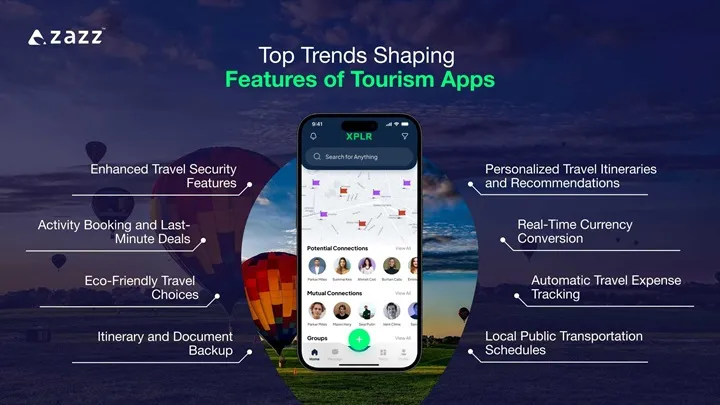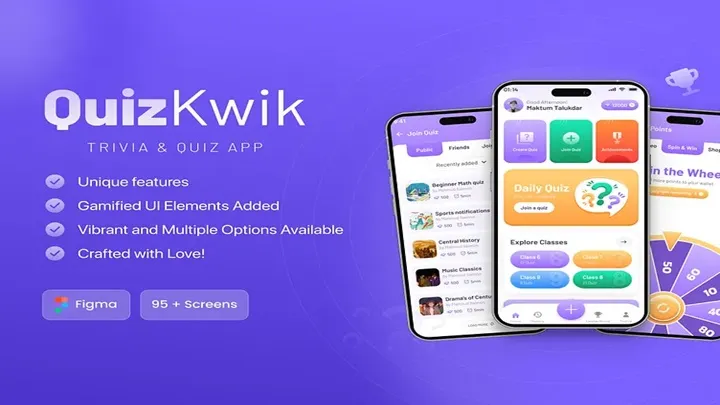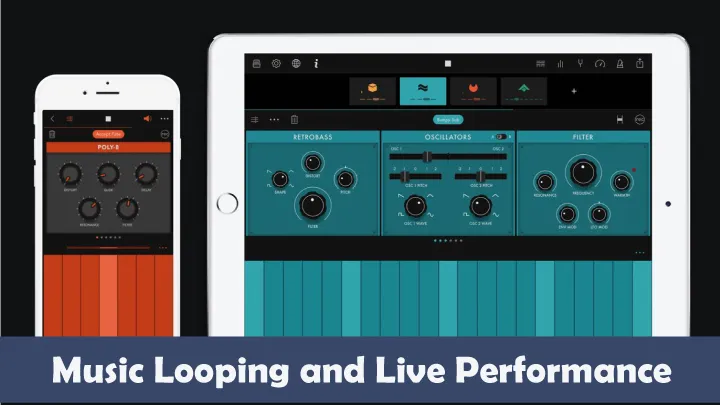Introduction: The Magic of RPGs
Role-playing games, or RPGs, have always been the genre most closely tied to immersion. While action games test your reflexes and shooters challenge your precision, RPGs invite you into living, breathing worlds where choices matter, characters evolve, and stories stretch across hundreds of hours. These games aren’t just about defeating enemies or completing quests—they’re about inhabiting a role, shaping your destiny, and getting lost in universes that feel as real as our own.
Over the decades, RPGs have transformed from simple text-based adventures to sprawling open-world masterpieces filled with lore, side quests, and unforgettable characters. The best RPGs don’t just entertain—they transport you into epic worlds where your actions carry weight.
In this article, we’ll journey through ten RPGs that redefined immersion, each offering something unique, from medieval fantasy realms to futuristic dystopias.
1. The Elder Scrolls V: Skyrim
Few RPGs embody the spirit of freedom like Skyrim. Released in 2011, Bethesda’s masterpiece became a cultural phenomenon, offering players a vast fantasy realm filled with dragons, magic, and endless exploration.
What makes Skyrim so immersive is its scale. From snow-capped mountains to ancient ruins, every corner of Tamriel is alive with secrets. Players can forge their own path—becoming a powerful mage, a stealthy assassin, or a fearless warrior. The sheer number of side quests ensures no two playthroughs are the same.
Even over a decade later, Skyrim remains relevant thanks to mods and re-releases. Its community has breathed new life into the game, turning it into a platform for creativity. Skyrim isn’t just a game; it’s a world that players return to time and time again.
2. The Witcher 3: Wild Hunt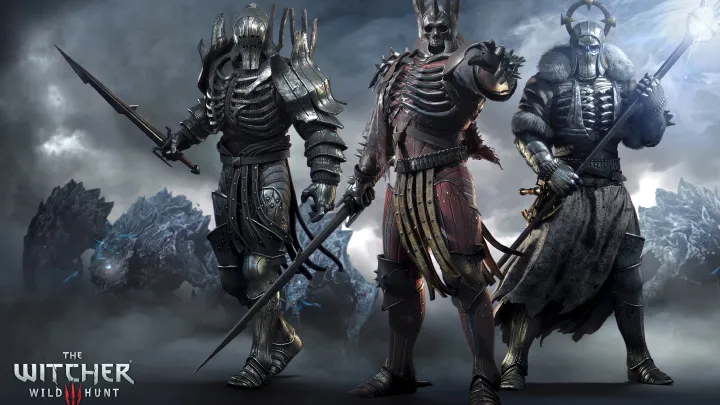
CD Projekt Red’s The Witcher 3 is widely hailed as one of the greatest RPGs ever made. Its strength lies in its storytelling, which seamlessly blends main quests with side stories that feel just as compelling.
As Geralt of Rivia, players navigate a morally complex world filled with war, monsters, and political intrigue. The choices you make ripple throughout the game, often leading to unexpected consequences. Whether it’s helping a villager, deciding the fate of a kingdom, or pursuing a romance, every decision feels meaningful.
Beyond story, The Witcher 3 immerses players with its richly detailed environments, from the war-torn lands of Velen to the vibrant city of Novigrad. Combined with two massive expansions, the game offers hundreds of hours of content that never feels repetitive.
3. Final Fantasy XV
Final Fantasy has long been a pillar of RPG history, and Final Fantasy XV brought the franchise into a new era. Unlike traditional entries, it blended action combat with a heartfelt story of brotherhood and loss.
Players step into the shoes of Prince Noctis as he embarks on a road trip with his closest friends. This journey isn’t just about saving the world; it’s about relationships, growth, and the bonds that carry us through hardship. The dynamic between the characters is what makes the game so immersive.
Exploration also shines, with vast landscapes filled with monsters, dungeons, and hidden treasures. The game’s mix of modern aesthetics and classic fantasy elements creates a unique world that feels both familiar and refreshing.
4. Dragon Age: Inquisition
Bioware’s Dragon Age: Inquisition builds upon the legacy of classic RPG storytelling. It places players in the role of the Inquisitor, tasked with closing rifts in the fabric of reality while uniting a divided world.
What sets Inquisition apart is its sense of agency. Every decision impacts not only your character but also the factions and people around you. From political maneuvering to romantic relationships, the game excels at making players feel like true leaders.
The game’s environments are equally impressive, ranging from lush forests to frozen wastelands. Combined with tactical combat that allows you to control your party members, Inquisition captures the essence of both classic and modern RPG design.
5. Mass Effect Trilogy
Few RPGs have achieved the level of player connection seen in the Mass Effect trilogy. Spanning three games, it tells the epic story of Commander Shepard and their fight to save the galaxy from the Reapers.
The trilogy’s strength lies in choice and consequence. Decisions made in the first game carry over into the sequels, shaping the fate of characters and civilizations. This continuity creates a level of immersion rarely matched in gaming.
Mass Effect also balances action with deep character relationships. Players form bonds with their crew, choosing allies, romances, and even making heartbreaking sacrifices. By the time the trilogy ends, players feel like they’ve lived an entire lifetime alongside Shepard and their companions.
6. Dark Souls III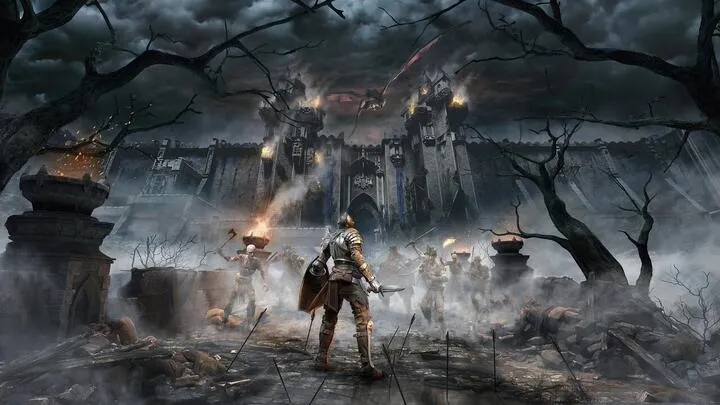
FromSoftware’s Dark Souls III is an RPG that immerses players not through traditional storytelling but through atmosphere, challenge, and mystery.
Its world is a hauntingly beautiful labyrinth of decaying kingdoms, cryptic NPCs, and epic boss battles. Instead of spoon-feeding lore, the game encourages players to piece together its story through exploration and item descriptions. This creates a sense of discovery unique to the Soulsborne series.
The difficulty also adds to immersion. Every victory feels earned, every defeat a lesson. Dark Souls III doesn’t just tell a story—it makes you live it, with your triumphs and struggles woven into the fabric of its universe.
7. Persona 5
Persona 5 brings a modern twist to RPGs by blending dungeon-crawling with the everyday life of a Japanese high school student.
Players juggle two lives: fighting supernatural threats as the Phantom Thieves while managing friendships, school, and personal growth in the real world. This duality makes the game deeply engaging, as every choice—whether spending time with friends or training in dungeons—matters.
Its art style, music, and storytelling make Persona 5 unforgettable. With themes of rebellion, identity, and freedom, it immerses players in a narrative that feels both fantastical and deeply human.
8. Baldur’s Gate 3
Baldur’s Gate 3, the modern continuation of the legendary Dungeons & Dragons-inspired franchise, redefined what a modern RPG could achieve.
Developed by Larian Studios, it combines tactical turn-based combat with branching narratives that give players nearly limitless freedom. Every decision—down to dialogue choices—can lead to dramatically different outcomes. This level of player agency makes every playthrough unique.
The game also captures the essence of tabletop RPGs, encouraging creativity and experimentation. From exploring vast dungeons to forging unlikely alliances, Baldur’s Gate 3 is a triumph of immersive design.
9. Horizon Forbidden West
While not a traditional RPG, Horizon Forbidden West incorporates deep role-playing elements that elevate it beyond a simple action-adventure title.
As Aloy, players explore a stunning post-apocalyptic world dominated by robotic creatures. The game blends open-world exploration with a progression system that allows for customization and growth. Every encounter feels dynamic, requiring strategy and skill.
The story also immerses players in questions of identity, survival, and humanity’s future. It’s a testament to how RPG mechanics can enhance even hybrid genres, creating worlds that feel alive and worth exploring.
10. Cyberpunk 2077
Despite a rocky launch, Cyberpunk 2077 has evolved into one of the most ambitious RPGs of modern times. With its updates and expansions, it now stands as a prime example of immersive storytelling.
Night City is a character in itself—alive with danger, neon lights, and complex characters. Players step into the role of V, shaping their story through choices, augmentations, and allegiances. The game blends RPG depth with first-person action, creating a unique hybrid experience.
Cyberpunk 2077 captures the essence of immersion by making players feel both powerful and vulnerable in a world that is as breathtaking as it is unforgiving.
Conclusion: The Endless Worlds of RPGs
From the dragon-slaying freedom of Skyrim to the futuristic chaos of Cyberpunk 2077, RPGs are the genre that best captures the magic of immersion. They invite us not just to play a game but to live another life, forge relationships, and make choices that ripple through fantastical worlds.
What ties these games together is their ability to make players forget the boundary between screen and reality. They immerse us in epic worlds, test our morality, and allow us to write our own stories. As technology advances and RPGs continue to evolve, one truth remains: no genre whisks us away to epic worlds quite like role-playing games.








